
The Fair Trade certification aims to improve working conditions and wages for workers in the entire processing chains of many industries and to strengthen their rights.
Fair Trade is a global movement that wants to make a significant contribution to more justice along the supply chain of various products.
As a conscious consumer, choosing Fairtrade certified goods is one of the best ways you can protect both workers' welfare and the environment. Many sustainable and ethical fashion brands now offer Fair Trade clothes.
Fairtrade certified brands and businesses are committed to the principles of Fair Trade and undergo independent audits and peer reviews.
They offer certified products that value the planet and the labor, dignity, and equality of all people.
Certification standards matter, especially in the textile and apparel industry, to guarantee that manufacturers use sustainable production processes, environmentally friendly, and socially responsible working conditions.
As a consumer, you have the power to make a positive difference for the people involved in supply chains. You can promote an ethical and transparent approach to business that considers both people and the planet.
Here is everything you need to know about the Fair Trade certification, one of the best certification standards for textiles.
Panaprium is independent and reader supported. If you buy something through our link, we may earn a commission. If you can, please support us on a monthly basis. It takes less than a minute to set up, and you will be making a big impact every single month. Thank you!
Fair Trade criteria

Four values sit at the heart of Fair Trade:
- accountability
- respect
- integrity
- partnership
The Fairtrade Organization Code is made of 10 principles that drive commitments, policies, and procedures, including delivering positive and greater global impact.
The Fairtrade certification guarantees the following:
- fair wages for labor and sustainable livelihoods
- additional funds for farmers and workers
- minimum prices for all major commodities
- fair and sustainable trade
- responsible and ethical resource management
- respect and protection of human rights
- no forced labor or child labor
- health and safety requirements
- responsibility, honesty, and transparency
All producer organizations must meet the minimum requirements to become Fairtrade certified.
There are several types of Fair Trade standards, depending on situations and products.
The Fairtrade certification applies to ingredients, whole products, and multi-ingredient products in the following categories:
- cotton and other responsible fibers
- fruits and vegetables
- herbs and spices
- cocoa, coffee, and tea
- cane sugar and honey
- flower and plants
- nuts and cereals
- honey and vanilla
What are Fair Trade certifications?

First, let's understand the difference between Fair Trade and Fairtrade.
Fair Trade refers to the broad movement of people and organizations working to make trade fair and including the work of Fair Trade federations and other networks.
Fairtrade describes the Fairtrade Certification Mark and labeling system managed by Fairtrade International and its members, leading players in the global Fair Trade movement.
The Fairtrade system verifies that the production, distribution, buying, and selling of the products comply with minimum requirements sets by the standard.
Fair Trade certifications are product certifications within the global Fair Trade movement.
Organizations can become members of international non-governmental organizations that campaign for Fair Trade, such as the Fair Trade Federation (FTF) and the World Fair Trade Organization (WFTO).
Besides these two membership groups, three other widely recognized organizations and certifiers operate in the United States, including Fairtrade International, Fair Trade USA, and Fair for Life.
Fairtrade International
Fairtrade International or Fairtrade Labelling Organizations International e.V. (FLO) is a non-profit organization and multistakeholder group that delivers the most widely used Fair Trade certification.
Fairtrade International manages, maintains, and sets minimum requirements for the International Fairtrade Certification Mark, used in over 50 countries.
The organization aims to alleviate poverty and promote sustainable development. It creates more equity in the international trading system and economic opportunities for marginalized farmers and craftspeople in developing countries.
Fair Trade Federation
The Fair Trade Federation (FTF) is a non-profit trade association that supports and promotes North American companies fully committed to the principles of Fair Trade.
The community of U.S. and Canadian businesses creating opportunities to alleviate poverty by building equitable and sustainable trading partnerships.
Members of the Federation are part of the global Fair Trade movement and ensure their entire business is socially and environmentally responsible.
World Fair Trade Organization
The World Fair Trade Organization (WFTO) is a global membership organization of producer groups, retailers, wholesalers, and brands dedicated to holistic Fair Trade.
The is WFTO is the only Fair Trade membership organization to require third-party auditing of supply chains. Members of the WFTO demonstrate a commitment to the 10 Principles of Fair Trade and must undergo peer review with third-party audits.
The WFTO Guarantee System assesses the entirety of a business, not just a specific product, ingredient, or supply chain. It combines Fair Trade and social enterprise verification into a credible, clear, and affordable system.
Fair for Life
Fair for Life is an internationally recognized certification system based on key baseline reference standards such as International definitions of Fair Trade, ISO 26000, ILO conventions, social criteria of IFOAM, and more.
Fair for Life certification ensures the respect of human rights at any stage of production, as well as good and fair working conditions, and fair wages.
It improves the livelihood of thousands of farmers and workers through social community projects and the empowerment of people.
Fair for Life encourages organic or equivalent practices and excludes brands with any un-remediated history of labor and environmental exploitation.
It requires traceability of all certified products from production to sales, strong environmental standards, and prices above market averages.
Companies certified by Fair for Life commit to fair sourcing practices and responsibilities towards their primary producers down the commodity supply chain.
Fair Trade USA
Fair Trade USA is a third-party certification system similar to Fairtrade International. The independent, nonprofit organization ensures better wages, safe working conditions, and environmental protections.
Fair Trade USA sets standards, certifies, and labels products that promote sustainable livelihoods for farmers and workers and protect the environment.
Annual inspections conducted by independent auditors like FLOCERT and SCS Global Services ensure farmers work in safe conditions, their families, and the natural environment are kept safe.
The aim of Fair Trade certifications
Small-scale farmers and workers are among the most marginalized by the global trade system.
Fair Trade is all about making trade fair. It aims to make a difference in the lives of the people who grow and create the things we love.
Fair Trade certifications ensure quality products that support an ethical, sustainable global trade model that benefits workers and consumers.
They also encourage sustainable production methods that preserve the Earth's natural resources. Fair Trade ensures fair wages, labor rights, and humane conditions for workers in developing countries.
The Fair Trade system certifies social, economic, and environmental aspects of production against the standards set by Fair Trade organizations and federations.
Fair Trade encourages higher social and environmental performance in many sectors. It lowers harm during the product's life cycle as much as possible, from raw material extraction and farming to production and distribution.
Through exigent guidelines and third party controls, Fair Trade certifications guarantee that companies improve their social and environmental impact by taking efficient action.
They also engage manufacturers and workers in the supply chain to bring about better wages and working conditions and engages brands to commit to fair terms of trade.
Especially in the global textile and apparel industry, the raw material level has one of the most significant impacts and is the farthest way away from the consumer.
Fair Trade certifications verify essential practices at the beginning of the supply chain and ensure positive social and environmental impacts at the farming and manufacturing stage.
Certifications offer brand protection, confidence in sourcing, and greater credibility. They provide transparent, consistent, and comprehensive independent evaluation and verification of social and environmental performance claims on products.
What does Fair Trade certified mean?

Fair Trade certified means that products provide fair wages, safe working conditions, healthcare, women’s leadership initiatives, micro-finance programs, and other economic or social benefits to the farmers and workers in developing countries.
Fair Trade certified also ensures that producers comply with internationally monitored social and environmental standards while supporting farmers and farm workers with financial benefits and resources for water conservation, organic conversion, reforestation, and environmental education.
Fair Trade certified labels appear on goods that undergo an independent, third-party verification to guarantee that first processors received a fair price and can compete in the global marketplace through direct, long-term contracts with international buyers.
Fair Trade certified products help lift farmers, their families, and local communities from poverty through fair trading practices.
Fair Trade certified companies are committed to fair trade principles and practices such as transparency, sustainable trade, fair wages, labor rights, humane conditions, health, and safety.
The Fairtrade Textile Standard for the use of responsible fibers in textile production composition ensure fair and sustainable trading relations that guarantee the following:
- fair, reliable, and predictable contract arrangements to facilitate long term investments in the improvement of workers’ conditions
- compliance with labor conditions and grievance procedures verified by regular audits
- implementation of living wages within six years determined by approved methodologies
- empowerment of workers through unions, secure position, and status improvement
- workplace safety, including the use of protective clothing, proper handling of hazardous materials, and building safety
- minimal requirements related to working hours and overtime, employment contracts, and temporary employment
- training to raise awareness and improve workers’ situation
- reduced negative impacts on workers and the environment by controlling chemical use and practices
- leading health and safety standards banning substances of high concern, including carcinogenic, highly toxic substances
The Fairtrade certification process

The Fairtrade certification system relies on third-party verification to confirm whether a product meets the requirements of the standard.
Fairtrade International delivers the most widely used Fairtrade Certification Mark. Locally based Liaison Officers assist producers in obtaining certification and developing market opportunities.
Independent certification companies inspect producers and traders for compliance with Fairtrade standards.
Traders, manufacturers, brands, and retailers interested in purchasing or selling Fairtrade goods are requested to contact their national Labelling Initiative or Fairtrade International directly for assistance in certification.
Here is how the Fairtrade certification process looks like step-by-step:
- Verify product compliance with the criteria and assessment requirements.
- Choose a certification body and fill out the application form.
- Provide full contact details and the product group in question.
- Include all relevant and requested documentation.
- Sign a contract with the certification body of your choice.
- Pay application and license fees, as well as costs of assessment and certification.
- Read the standard and prepare relevant documents.
- Meet the auditor after good preparation to reduce certification costs.
- Review documents and procedures against the Fairtrade requirements.
- Wait for the result of the audit and subsequent certification decision.
- Resolve any non-conformities to receive a certificate.
- Monitor on-going compliance with the Fairtrade requirements.
- Prepare for unannounced inspections that verify standard compliance.
Fairtrade certification bodies

Fairtrade International coordinates the Fairtrade system worldwide. Over 1.7 million farmers and workers are active in Fairtrade and lead Fairtrade global sales to surpass EUR 8 billion in 2017.
Fairtrade International develops and maintains the Fairtrade standards for three regional producer networks that represent farmers and workers:
- Africa and the Middle East
- Asia and the Pacific
- Latin America and the Caribbean
FLOCERT is an ISO 17065 accredited social enterprise based in Germany and the independent certification body for Fairtrade that inspects producers and traders to ensure compliance with the Fairtrade standards.
Prospective applicants to the Fairtrade certification can contact FLOCERT directly to get started.
Or get in touch with one of the 25 national Fairtrade organizations that market and promote Fairtrade products in consumer countries.
Fairtrade certification costs

To become Fairtrade certified, traders, manufacturers, brands, and retailers need to pay application and license fees, as well as costs of assessment and certification.
Furthermore, companies that wish continued certification need to pay an annual fee for audits.
Fairtrade aims to support and empower producers, farmers, and workers to participate in Fairtrade, regardless of their size or location.
The Fairtrade certification costs vary depending on the structure of the organization:
- farmers or producers of Fairtrade products
- traders, processors, or manufacturers of Fairtrade products
If you want to know how much your Fairtrade certification will cost before you start the process, you can contact your national Fairtrade organization for certification costs.
Or get an approximate certification cost by using the FLOCERT cost calculator.
Fair Trade certified fashion brands

Buy clothing from brands committing to Fair Trade standards and protecting the well-being of people and the planet.
Prefer clothes made using sustainable fabrics, under the utmost environmental and social standards in compliance with the principles of Fair Trade.
Look for brands that set an example with a Fair Trade business model based on partnership, people-centered values, and sustainability.
Fair Trade clothing brands are committed to promoting fairer trading conditions. They help alleviate poverty and employ disadvantaged workers in developing countries.
They support farmers and artisans, environmental initiatives, raise awareness, develop fair and sustainable fashion, as well as promote environmentally and socially responsible initiatives that create sustainable solutions.
Read up my article on the best affordable and Fair Trade clothing brands for a list of ethical fashion labels that work under the highest social and environmental standards.
To help you make conscious purchases as an informed consumer, here are some of them:
- People Tree, an online garment retailer making clothes from environmentally-friendly materials, including Fair Trade, certified organic cotton.
- Eileen Fisher, a sustainable women's clothing brand selling wardrobe essentials, from casual clothing to timeless and elegant pieces, from the famous fashion designer of the same name, Eileen Fisher.
- Patagonia, an American clothing company that markets and sells outdoor clothing and gear for the silent sports: climbing, surfing, skiing and snowboarding, fly fishing, and trail running.
- ARMEDANGELS, a German company that designs a variety of clothes made from eco-friendly organic and recycled materials.
- PACT, a leading sustainable fashion brand using organic fabrics and Fair Trade factories to design stylish essential clothing. It creates ethical apparel for women, men, kids, and babies.
- Nudie Jeans, an ethical denim brand making high-quality jeans sustainably and ethically. It's well-known for its sustainability, both environmental and social.
- Outerknown, a label that creates sustainable Fair Trade essentials for women and men with the most planet-friendly fibers.
Was this article helpful to you? Please tell us what you liked or didn't like in the comments below.
About the Author: Alex Assoune
What We're Up Against
Multinational corporations overproducing cheap products in the poorest countries.
Huge factories with sweatshop-like conditions underpaying workers.
Media conglomerates promoting unethical, unsustainable products.
Bad actors encouraging overconsumption through oblivious behavior.
- - - -
Thankfully, we've got our supporters, including you.
Panaprium is funded by readers like you who want to join us in our mission to make the world entirely sustainable.
If you can, please support us on a monthly basis. It takes less than a minute to set up, and you will be making a big impact every single month. Thank you.




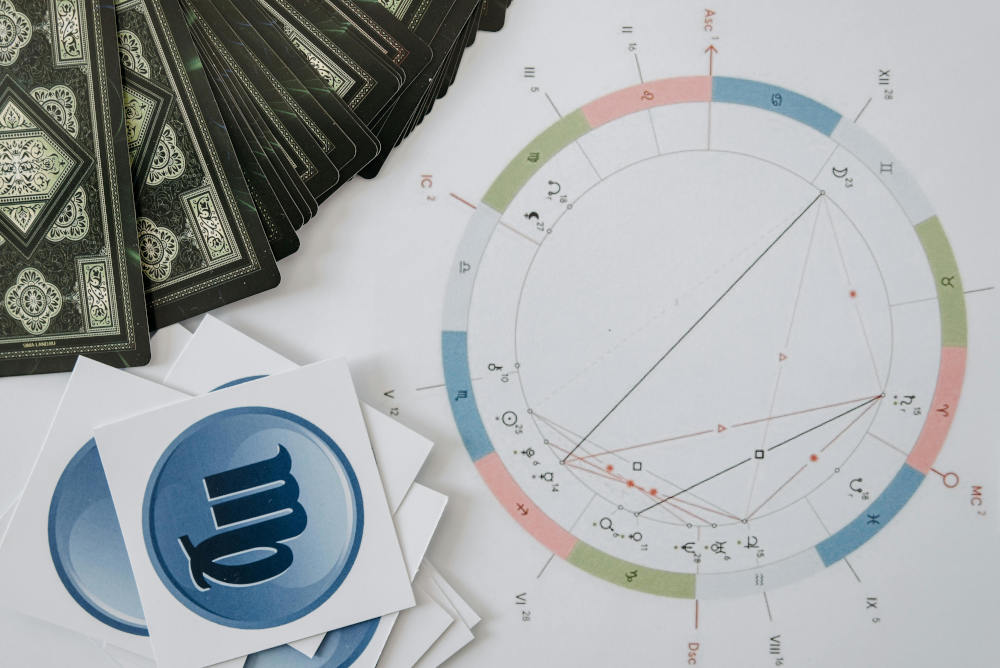




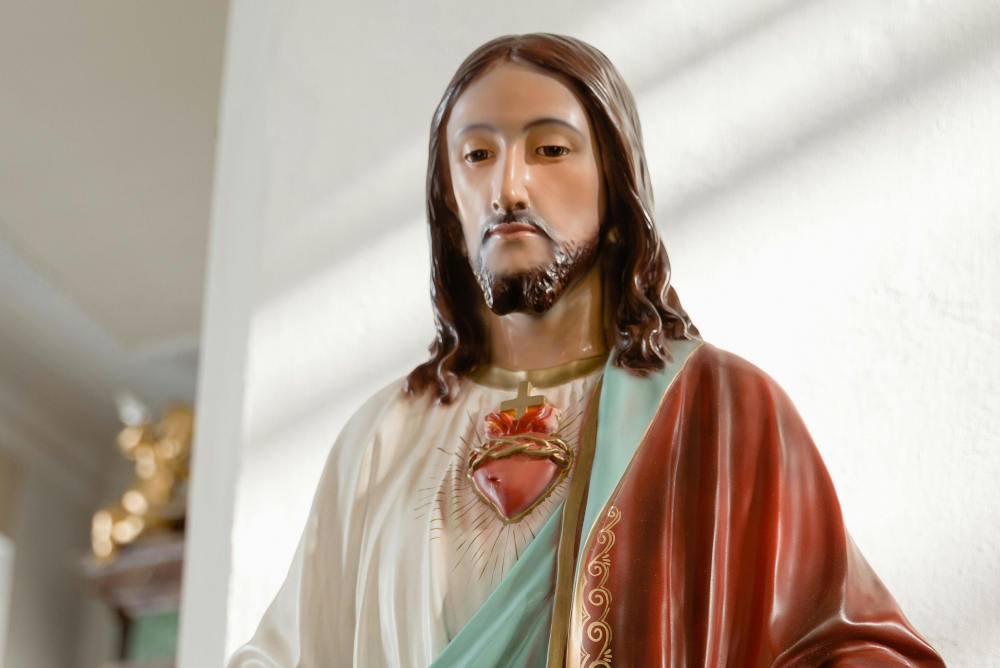
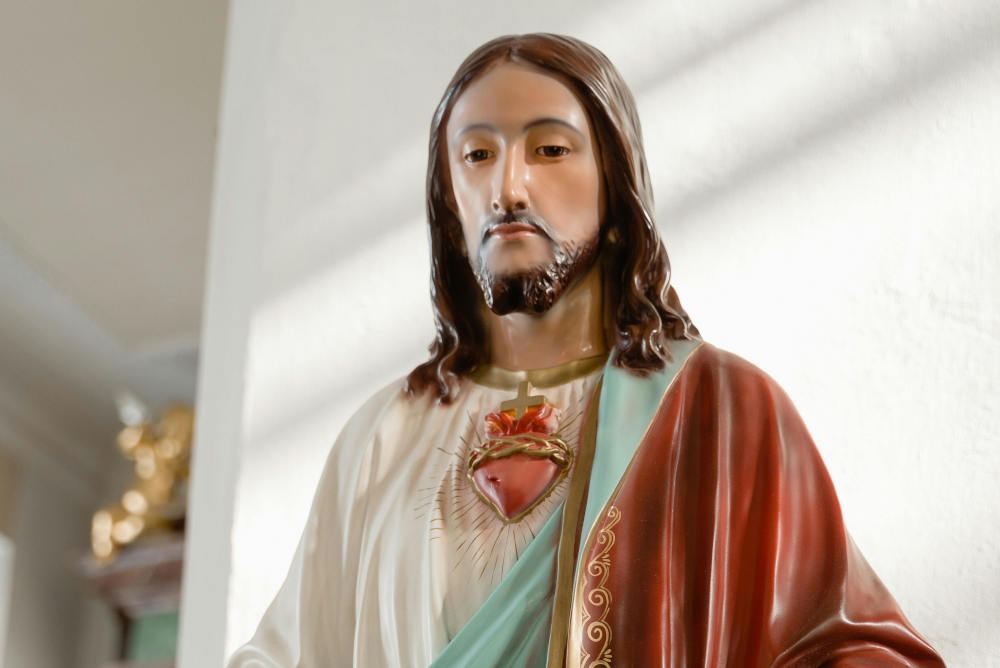
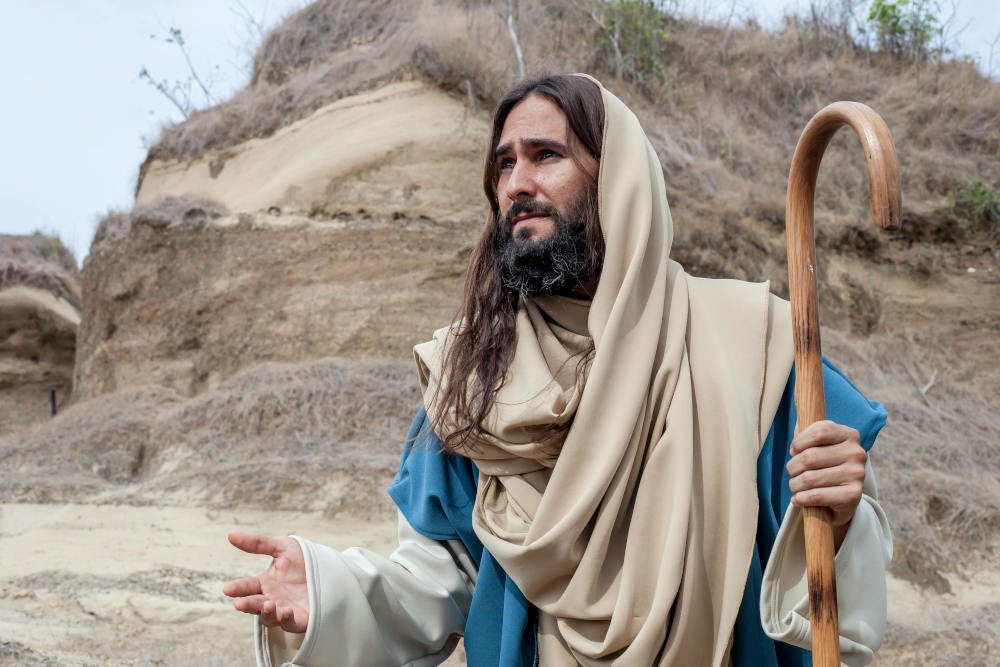
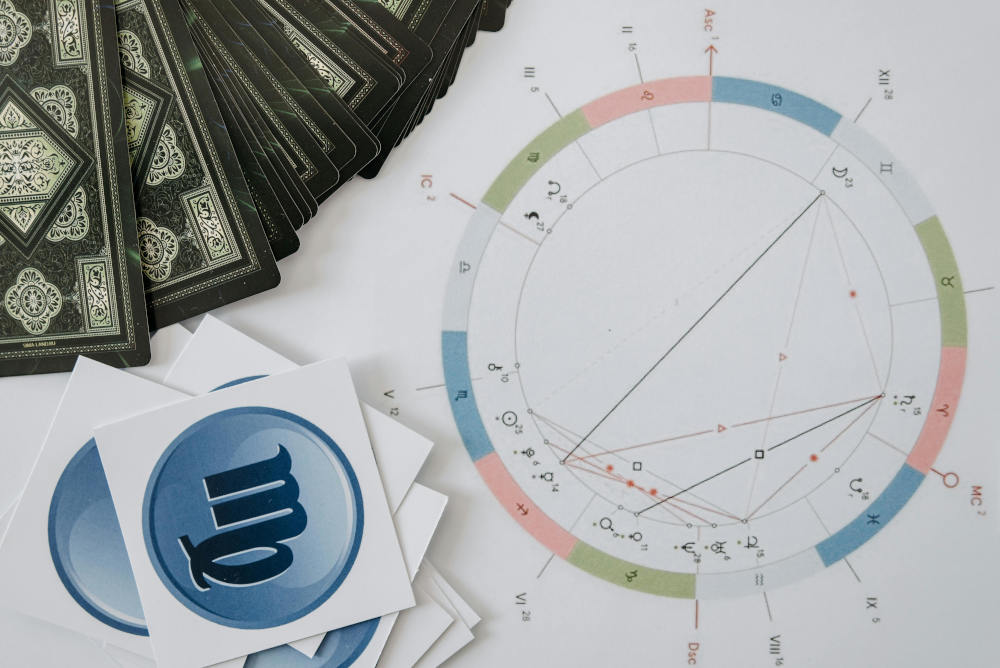



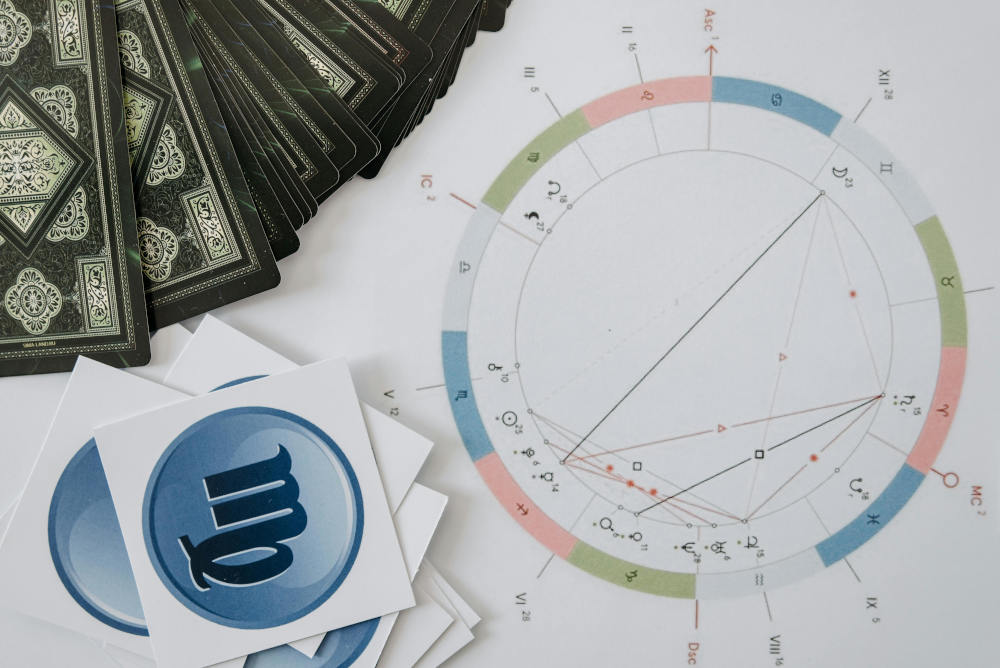














0 comments